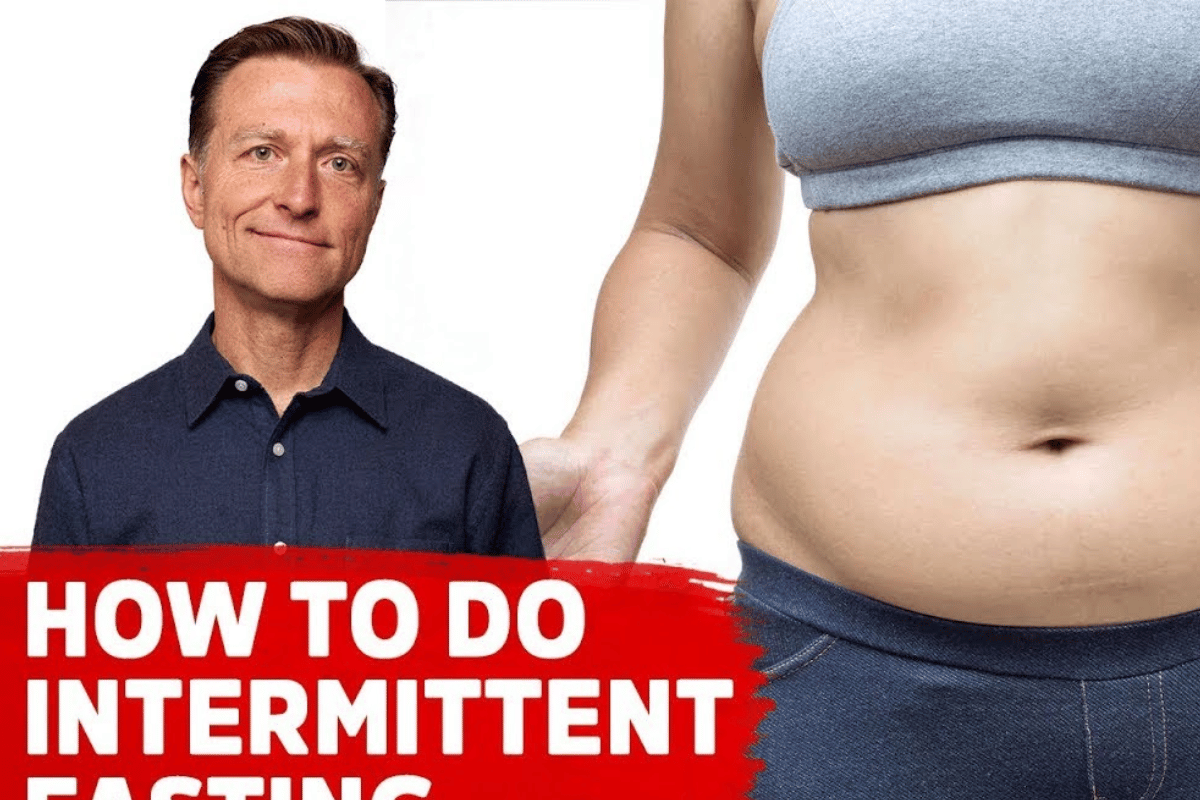Discover the six most credible fasting approaches for weight loss in 2024. Fasting has gained popularity as an effective strategy for shedding excess pounds and improving overall health. In this comprehensive guide, we will explore the top fasting methods, including intermittent fasting, time-restricted eating, and extended fasts. Learn about the science behind each approach, their potential benefits, and how to choose the one that aligns with your weight loss goals and lifestyle. Whether you’re a beginner or experienced in fasting, this article will provide valuable insights to help you make informed decisions on your weight loss journey.

In a world where the quest for a healthier and fitter lifestyle has become a top priority, the search for the best fasting for weight loss continues to evolve. As we step into 2024, the urgency to shed those extra pounds and achieve a trimmer physique has never been more prevalent.
Obesity has emerged as a global concern, impacting millions of lives and challenging our overall well-being. The pursuit of effective weight loss solutions has given rise to various fasting approaches, each claiming to offer the key to a healthier you.
In this article, we embark on a journey through the realm of fasting for weight loss, exploring six leading fasting approaches that have garnered credibility and attention in the ever-evolving landscape of health and fitness.
So, whether you’re a seasoned fasting enthusiast or someone just dipping their toes into the world of fasting, join us as we dissect the science, expert opinions, and practical tips behind these fasting methods. Let’s unravel the truth behind the headlines and embark on a journey toward a healthier and slimmer future.
Exploring Various Fasting Approaches
When it comes to weight loss, fasting has emerged as a powerful tool in the arsenal of health-conscious individuals. In our quest to discover the best fasting for weight loss, it’s essential to understand the diverse approaches available.
- Intermittent Fasting: This popular method involves cycling between periods of fasting and eating. Variations like the 16/8 method, where you fast for 16 hours and eat during an 8-hour window, have gained traction.
- Time-Restricted Fasting: Similar to intermittent fasting, time-restricted fasting narrows the eating window. It encourages consuming all meals within a specific timeframe, often aligning with circadian rhythms.
- Water Fasting: A more extreme approach, water fasting, involves consuming only water for an extended period. While effective, it requires careful supervision due to potential risks.
- Alternate-Day Fasting: This method alternates between fasting days and regular eating days. It’s known for its simplicity but may pose challenges in adherence.
- 5:2 Fasting: In this approach, individuals eat normally for five days a week and significantly reduce calorie intake (usually around 500-600 calories) on the remaining two days.
- Prolonged Fasting: Extended fasting, lasting several days, is considered by some as a reset for the body. However, it demands thorough research and medical supervision.
These fasting approaches offer a spectrum of choices, allowing individuals to find a method that suits their preferences and lifestyle. But the question remains: which fasting approach holds the key to the best weight loss results? To answer this, we’ll delve into expert opinions and research findings in the following section.
Expert Opinions and Research Findings
To determine the credible 6 leading fasting approaches for weight loss in 2024, it’s imperative to rely on expert opinions and scientific studies. Here, we present insights from reputable authorities in the field and highlight key research findings.
1. Intermittent Fasting: A Widely Praised Approach
Intermittent fasting has gained significant attention from both health professionals and researchers. Dr. Michael Mosley, a renowned medical journalist, and Dr. Valter Longo, a longevity and fasting expert, have lauded its potential. Dr. Longo’s research at the University of Southern California has shown that intermittent fasting can enhance cellular health and promote weight loss.
2. Time-Restricted Fasting: Aligning with Circadian Rhythms
Dr. Satchidananda Panda, a leading researcher in time-restricted eating, has emphasized the importance of aligning meals with our natural circadian rhythms. His work at the Salk Institute for Biological Studies highlights how this approach may improve metabolic health and assist in shedding excess pounds.
3. Water Fasting: An Age-Old Practice
While water fasting may seem extreme, it has a long history and some modern proponents. Dr. Jason Fung, a nephrologist and author, has explored the benefits of extended fasting, suggesting it can lead to substantial weight loss and metabolic improvements.
4. Alternate-Day Fasting: A Simpler Approach
Dr. Krista Varady, a nutritionist and fasting researcher, has conducted studies on alternate-day fasting. Her work has shown that this approach can be effective for weight loss and may be more manageable for some individuals.
5. 5:2 Fasting: Calorie Restriction Benefits
Prof. Mark Mattson, a neuroscientist, and researcher at Johns Hopkins University has praised the 5:2 fasting method. His studies suggest that intermittent fasting with calorie restriction on specific days may support weight loss and offer neurological benefits.
6. Prolonged Fasting: A Subject of Exploration
Dr. Felice Gersh, an expert in integrative medicine, has discussed the potential of prolonged fasting. While this approach remains under scientific scrutiny, it has shown promise in some preliminary studies for weight loss and health improvements.
These insights from authoritative figures highlight the diverse spectrum of fasting approaches and their potential benefits. However, it’s crucial to remember that individual results may vary, and consulting with a healthcare professional before embarking on any fasting regimen is advisable.
In the next section, we’ll provide practical tips and considerations for those considering fasting for weight loss.
Conclusion: Navigating the Fasting Landscape
In the realm of weight loss, fasting offers a myriad of approaches, each with its own merits and proponents. Whether you opt for intermittent fasting, time-restricted eating, water fasting, alternate-day fasting, the 5:2 method, or prolonged fasting, the journey towards your weight loss goals begins with informed choices.
Remember, there is no one-size-fits-all solution, and individual preferences and needs should guide your fasting journey. Prioritize safety, listen to your body, and seek guidance from healthcare professionals when necessary.
As we venture into 2024, these credible fasting approaches remain at the forefront, promising potential benefits for those striving to shed unwanted pounds. Explore, experiment, and embark on your path to a healthier you.

Navigating Fasting for Weight Loss: Common Questions
Q1: What is intermittent fasting, and how does it aid in weight loss?
Intermittent fasting is an eating pattern that involves cycling between periods of fasting and eating. It can help with weight loss by regulating hormones, reducing calorie intake, and promoting fat burning.
Q2: Are all fasting methods equally effective for weight loss?
Different fasting methods offer varying benefits. While intermittent fasting is popular and effective for many, other approaches like time-restricted eating or prolonged fasting may suit individual preferences and lifestyles better.
Q3: Is fasting safe for everyone, or are there contraindications?
Fasting isn’t suitable for everyone. Individuals with certain medical conditions, pregnant or nursing women, and those with a history of eating disorders should consult a healthcare professional before attempting fasting for weight loss.
Q4: How long should a fasting period last to see weight loss results?
The optimal fasting duration varies among individuals. For most, fasting periods ranging from 12 to 16 hours can yield significant results. It’s essential to choose a fasting method that aligns with your goals and daily routine.
Q5: Can I exercise while fasting for weight loss?
Yes, moderate exercise during fasting can enhance weight loss. However, it’s crucial to prioritize hydration and listen to your body. Consult a fitness expert or physician for personalized advice.
Q6: Are there potential side effects or risks associated with fasting for weight loss?
Common side effects include hunger, irritability, and fatigue, especially during the initial adjustment phase. It’s essential to stay hydrated and nourished. If you experience severe discomfort, consult a healthcare professional.
Q7: Can fasting help with long-term weight management, or is it a short-term solution?
Fasting can be incorporated into a sustainable lifestyle for long-term weight management. However, it’s essential to combine it with a balanced diet and regular physical activity for lasting results.
Q8: What role does meal planning play in fasting for weight loss?
Effective meal planning can optimize fasting results. Focus on nutrient-rich foods, maintain portion control, and prioritize balanced macronutrient intake during eating windows.
Q9: Should I consult a healthcare professional before starting a fasting regimen?
It’s advisable to consult with a healthcare professional, especially if you have underlying health conditions or specific weight loss goals. They can provide guidance and ensure your approach is safe and effective.
Q10: Where can I find credible information and resources about fasting for weight loss?
Reputable healthcare providers, nutritionists, and scientific studies are excellent sources. Additionally, online health and wellness communities can offer valuable insights, provided they promote evidence-based practices.
best fasting for weight loss
Related Posts :
- En Weight Loss Drug Of 2024 E55c
- En Experience The Benefits Of Pro Keto Acv Gummies A 2023 Review For Ketogenic Enthusiasts In New Zealand 97ea
- En Kelly Clarkson Keto Gummiesachieve Your 2024 Body Goals Drop 30 Pounds Easily With Kelly Clarkson Keto Gummies Px9j
- En Belly Weight Loss Patch Bzyo
- En Bioscience Keto Gummies Review 4cu9